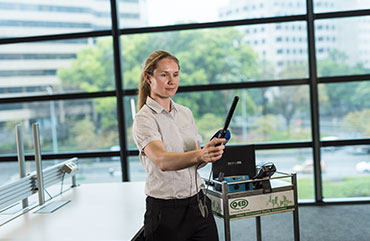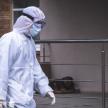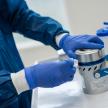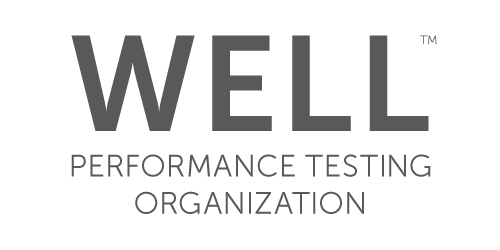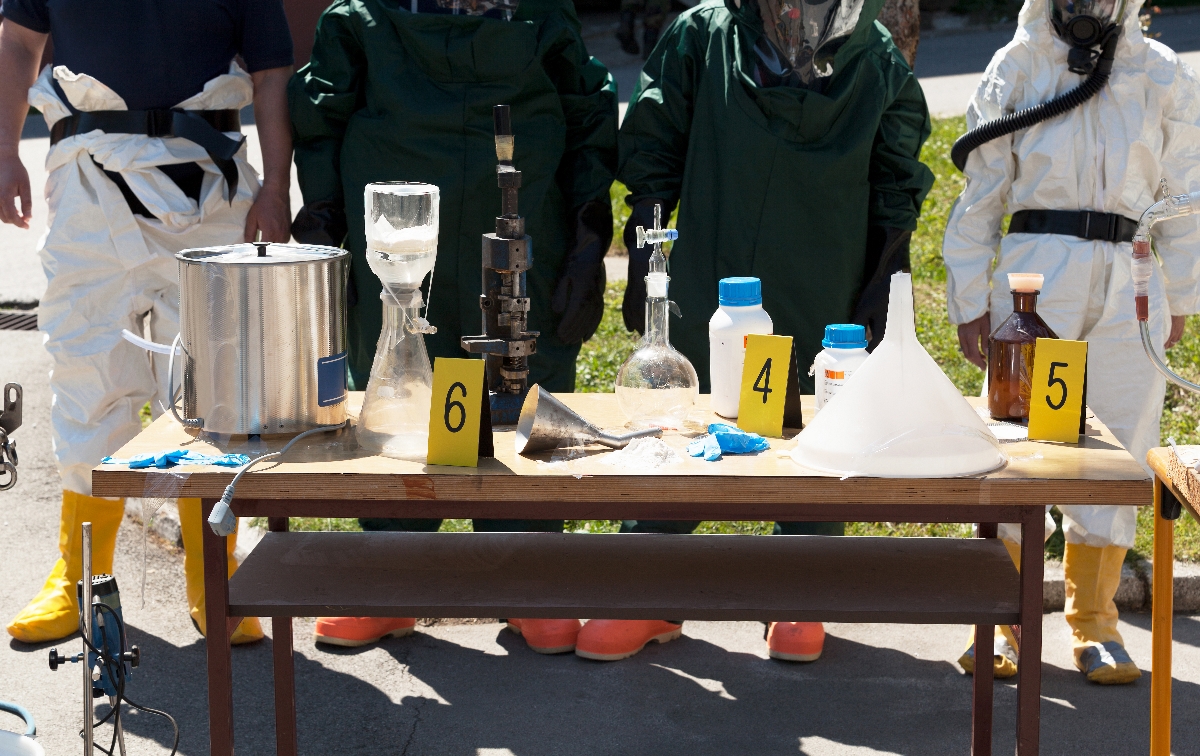
20th
Department of Health Update: Guide for Testing & Remediation of Clan Labs
The Growing Problem of Smoke Houses and Clandestine Drug Labs
Ensuring the safety and well-being of your tenants and staff is paramount.
However, the use of residential homes as smoke houses or drug labs (usually called ‘Clan labs”) is on the rise.
Houses where smoking of methamphetamine or ‘ice’ and other drug use has taken place, and makeshift drug manufacturing sites, can pose serious risks to property managers tasked with renting or selling these properties, and to the tenants who ultimately occupy the property.
The Department of Health in Western Australia's New Guidelines
In response to this pressing issue, the Department of Health in Western Australia has recently released a comprehensive document titled "Guide for Testing and Remediation of Methylamphetamine and Illicit Drug Residues in Residential Properties."
This guide outlines proper procedures for testing and remediation of homes contaminated by the smoking or manufacturing of illicit drugs, particularly crystal methylamphetamine, commonly known as meth or ice.
Understanding the Issue
What Are Smoke Houses and Clan Labs?
Smoke houses are typically residential homes that have been occupied by persons who are using ‘ice’ within the home. Contamination levels can vary but are often at levels that require action to make the home safe for occupation.
Smaller scale clan labs are found in homes and sometimes short stay accommodation and hotel rooms, and can have higher levels of contamination. Larger scale clan labs and cannabis grow houses are rarer, but are a greater health risk.
They pose a severe risk not only due to the highly toxic chemicals involved in the manufacturing process but also because of the contamination they leave behind and possible electrical and fire hazards.
Methamphetamine Contamination in Residential Homes
The extent of the problem is startling. The toxic residuals of drug use and manufacturing, combined with the dangerous chemicals used as raw materials, make these homes hazardous places to manage and rent.
The Impact on Property Management
Health Hazards of Residual Drug Contamination
Property managers and real estate professionals must be aware of the health hazards associated with residual drug contamination. Exposure to drug residue can result in a range of health issues, including respiratory problems, skin irritations, headaches, and more. Long-term exposure may even lead to chronic health conditions.
Legal and Financial Implications
Aside from the health risks, there are legal and financial implications for property managers and real estate professionals dealing with contaminated properties. Legal action may be necessary to hold responsible parties accountable and to navigate the complexities of safely renting or selling such properties.
Western Australia's Response
To address this growing concern, WA Health has released a new guide for illicit drug contamination testing for use by testers and remediators, so that testing and recommendations are consistent.
Testing and Remediation Process
Testing for Drug Residues
The first step in the process is testing for drug residues. Approved forensic testers use specialised equipment and techniques to identify contamination. WA Health lists approved forensics testers for drug contamination, and you should always ensure that the tester you choose is on this list. Link to list here
This crucial step helps determine the extent of the problem, providing critical information for property managers and real estate professionals.
Remediation Strategies
Once contamination is confirmed, it's essential to address it properly. Remediation involves safely cleaning and decontaminating the property, again, using a professionally trained company approved by WA Health.
It's important to note that this is not a DIY task or one for an untrained cleaning company; professionals with the necessary expertise, equipment and safety gear must undertake this work. Post-remediation validation by a forensic tested then ensures that the property is safe for occupancy.
Protecting Your Properties
Signs of a Clandestine Drug Lab
Awareness is key to protecting your properties and tenants. Property professionals should know the signs of a clan lab and be able to identify potential risks in properties they manage or plan to sell.
Due Diligence for Property Managers
Property managers should conduct due diligence when taking on new properties. This includes checking the property's history and ensuring it's free from contamination before renting or selling it.
Seeking Legal Recourse
In the event of contamination, property professionals may need to seek legal recourse. Legal experts can guide you through the process of holding those responsible accountable and protecting your business interests.
In Summary
The issue of drug use and clandestine drug labs in residential properties is a hidden danger that demands attention. By understanding the risks, staying informed, and taking necessary precautions, property professionals can protect their tenants and their businesses.
Addressing this problem requires collaborative efforts between government agencies, law enforcement, and property professionals. Together, we can create safer communities and ensure the properties we manage meet the highest safety standards.
If you would like more information on managing the risks associated with clan labs in residential properties click here.
Categories
Recent Posts
Navigating the GRESB 2024 Updates: Key Changes and Implications
26th Nov
GRESB’s 2024 Real Estate Assessment introduced significant changes, refining how ESG performance is measured and reported. These updates a...
Trichloramine and Indoor Air Quality in Swimming Pools
05th Nov
For swimmers and pool workers alike, the characteristic "chlorine smell" at indoor swimming pools is part of the experience. Howev...
Indoor Air Quality Takes Centre Stage: A New Government Report on Airborne Virus Transmission
30th Sep
The importance of Indoor Air Quality (IAQ) has gained significant attention following the release of a groundbreaking report from Australia�...



